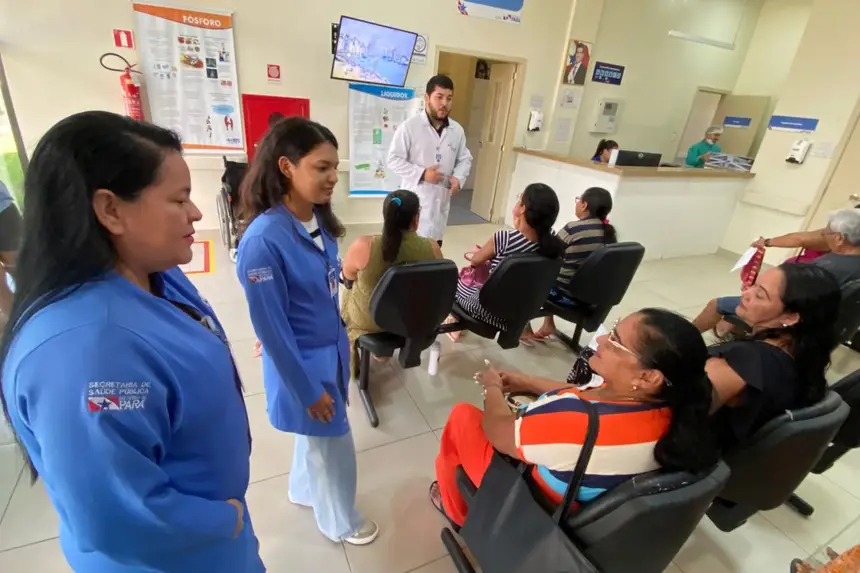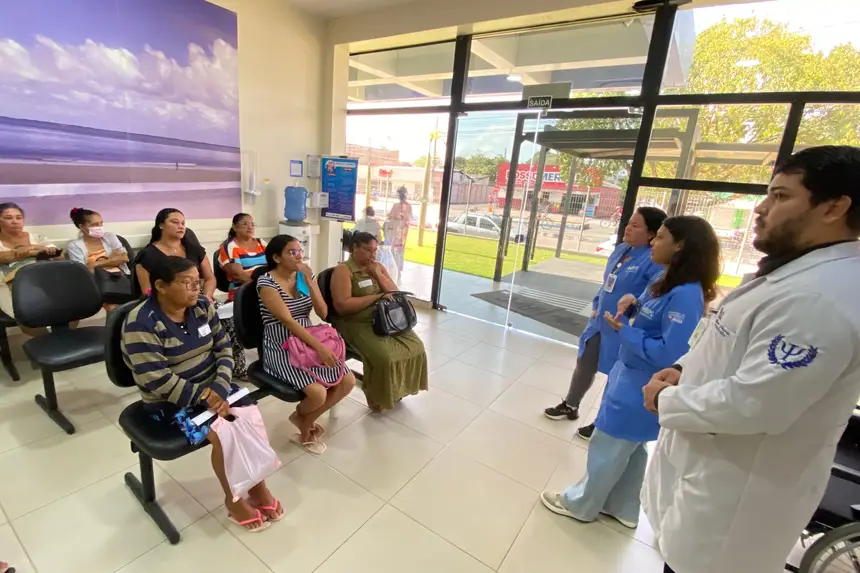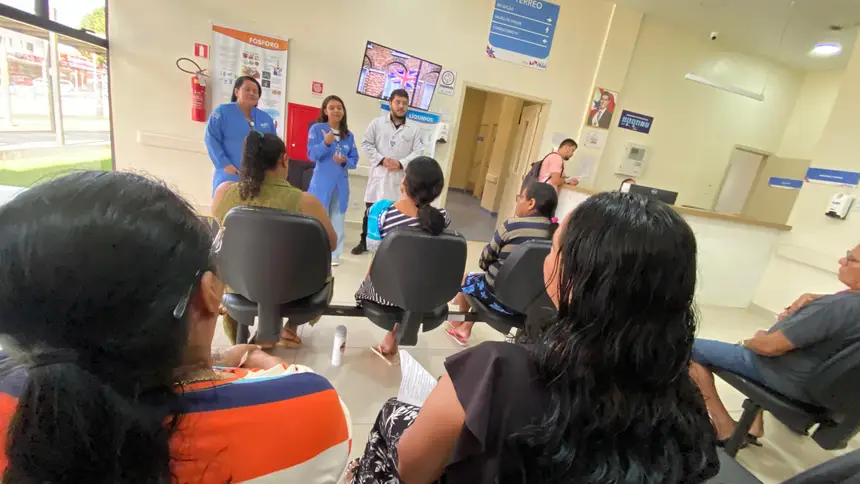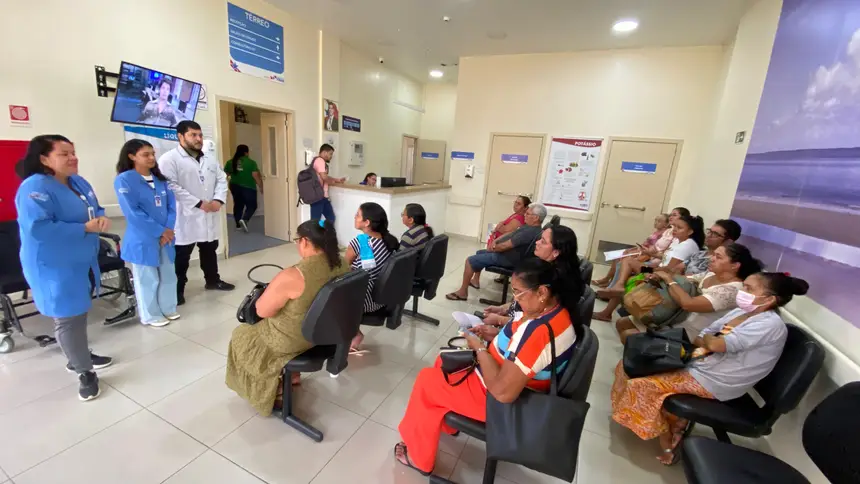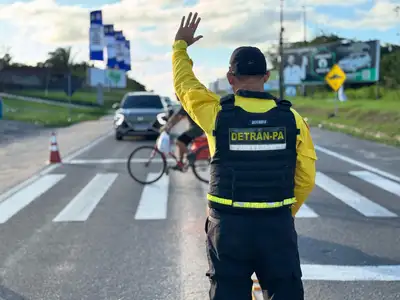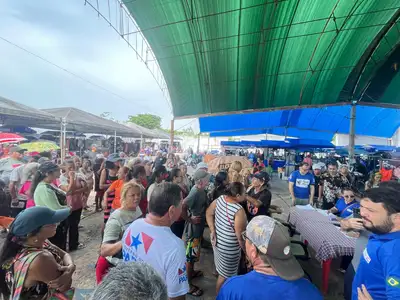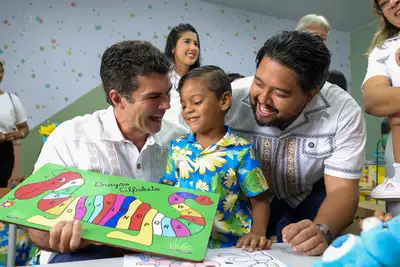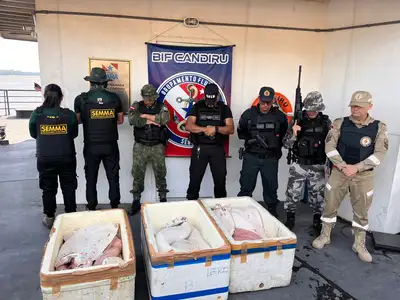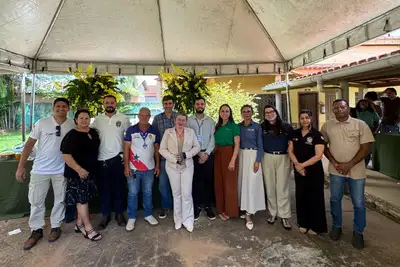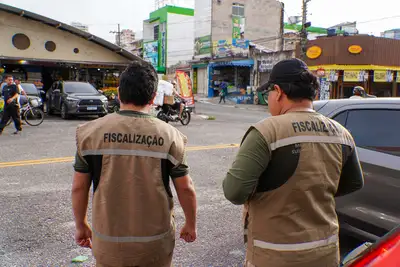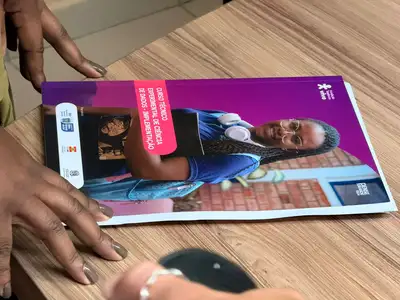HRPC promotes awareness action on the importance of organ donation with users and companions
The moment helped clarify doubts, reduce fears, and stimulate reflection on organ donation
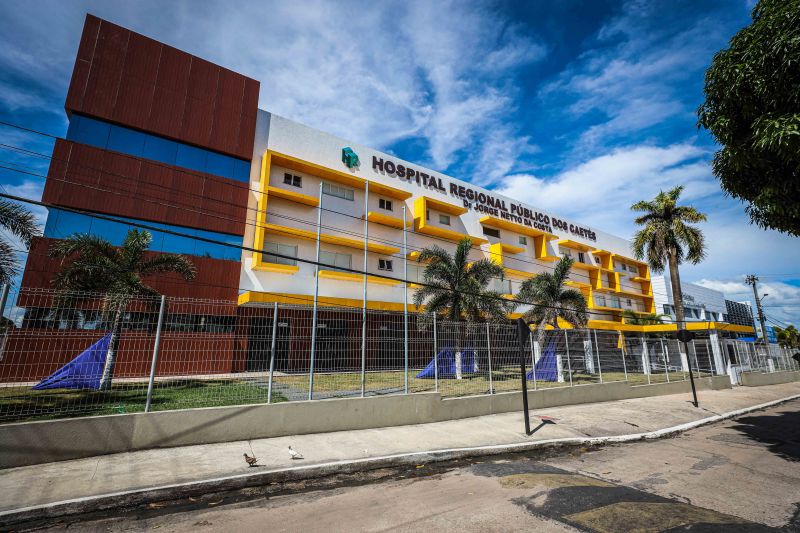
On the afternoon of this Thursday (4), the Regional Public Hospital of Caetés (HRPC), in Capanema, promoted an awareness action on the relevance of organ donation as a gesture of solidarity and life. The activity, which took place in the hemodialysis reception, brought together users and companions.
According to clinical psychologist Amanda Barros, these moments help clarify doubts, reduce fears, and stimulate reflection on organ donation. “It is an opportunity to guide on the importance of talking to family about the topic and understanding how each gesture of solidarity can transform lives. Our goal is to promote knowledge and awareness, contributing to a culture of care and empathy inside and outside the hospital,” she emphasized.
For Maria das Graças Oliveira Silva, 42, a resident of Bragança, the initiative contributed to maturing some ideas. “I found this lecture very important because many times we don’t talk about organ donation within the family. I learned that this gesture can save several lives and that we need to talk more about it with our relatives,” she stressed.
According to the Ministry of Health, it is possible to donate one of the kidneys, part of the liver, part of the marrow, or part of the lungs while alive, as long as the donor does not harm their own health. To donate an organ while alive, the doctor must evaluate the donor's clinical history and previous diseases. By law, relatives up to the fourth degree and spouses can be donors. The donation of organs from living people who are not relatives only occurs with judicial authorization.
A deceased donor is one who has been diagnosed with brain death (victims of head trauma, stroke, anoxia, among other causes), or death resulting from cardiorespiratory arrest (cardiac arrest). The deceased donor can donate organs such as: kidneys, heart, lung, pancreas, liver, and intestine; and tissues: corneas, valves, bones, muscles, tendons, skin, cartilage, bone marrow, umbilical cord blood, veins, and arteries.
Service:
The Caetés Hospital Complex (CHC), formed by the Regional Hospital, the Polyclinic, and the Autism Spectrum Disorder Care Center (Natea), is part of the health network of the Government of Pará, under the administration of the National Institute of Social and Human Development (INDSH), in partnership with the State Department of Public Health (Sespa).
The unit serves users 100% through the Unified Health System (SUS), on Barão de Capanema Avenue, in the Centro neighborhood, in the municipal seat of Capanema. More information can be obtained by phone: (91) 3122-7391.
Text by Felipe Brito/ Ascom CHC


